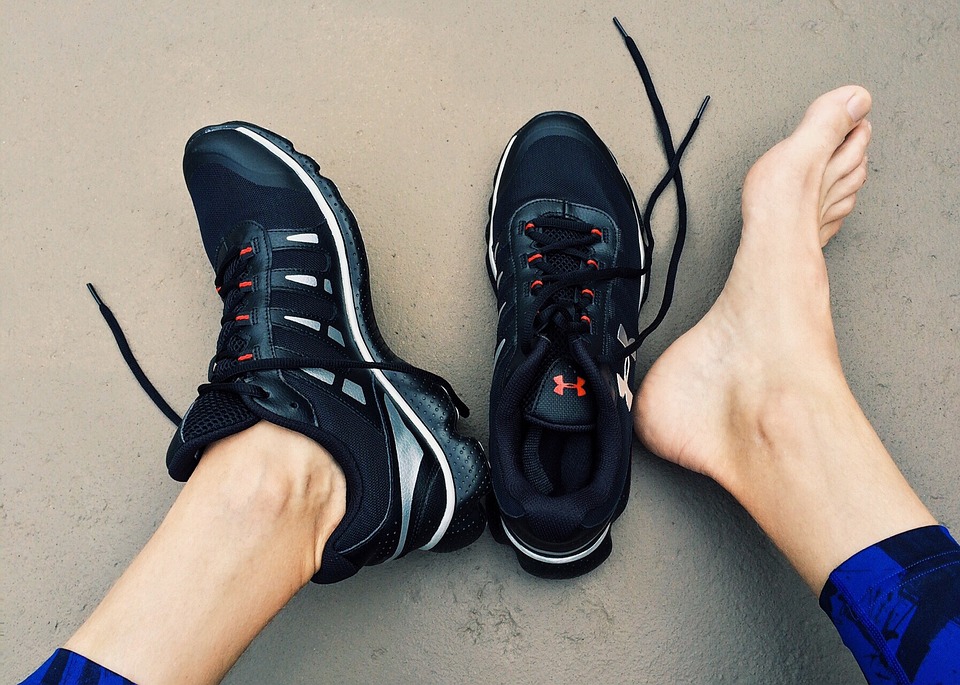If you have ever experienced heel pain caused by Plantar Fasciitis then you will understand how disabling the condition can be. 10% of the population will suffer this condition in their lifetime – usually between the ages of 40 to 60.
Typically you might experience pain under your foot at the heel. This could be worse at the end of the day, during the day while on your feet, or first thing in the morning. The pain can be described as sharp needles in the feet or like walking over broken glass. The pain can occur suddenly after running or it can gradually worsen over time if you are on your feet a lot throughout the day.
Even with the standard treatment of massage, stretching and orthotics, the pain can last for months. This impacts productivity and general quality of life, and no one wants to be in pain.
Degeneration, not inflammation causes Plantar Fasciitis
Encouragingly there is new research from Denmark which provides evidence for a new modality in treating this heel pain. It has been found that Plantar Fasciitis is not caused by inflammation, as its name might suggest. Instead, the condition would be more correctly termed fasciopathy because it is a degeneration from overloading which causes thickening of the plantar fascia. This means that anti-inflammatory measures will not fix the problem.
Michael Rathleff and his team at the University of Aalborg have developed a program shown to improve patient outcomes. This includes modifying activities, and specific exercises to slowly increase the loading of the plantar fascia and lower leg. This improves the strength of the plantar fascia and therefore improves pain levels when compared to standard treatment.
This exercise and rehabilitation program can be tailored to suit patients in all phases of Plantar Fasciitis.
We’re excited about this new approach to Plantar Fasciitis and tendinitis in general. Visit one of our Osteopaths for specific advice on how to modify your activities to decrease the load on your plantar fascia. We can also take you through an exercise program to increase your strength and improve pain.
If you are interested in reading more about this study, you can access the research paper here.
Make an appointment today to see one of our Osteopaths and discuss how we can help get you back to optimum health.

